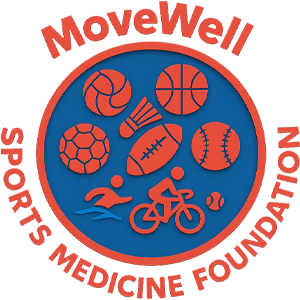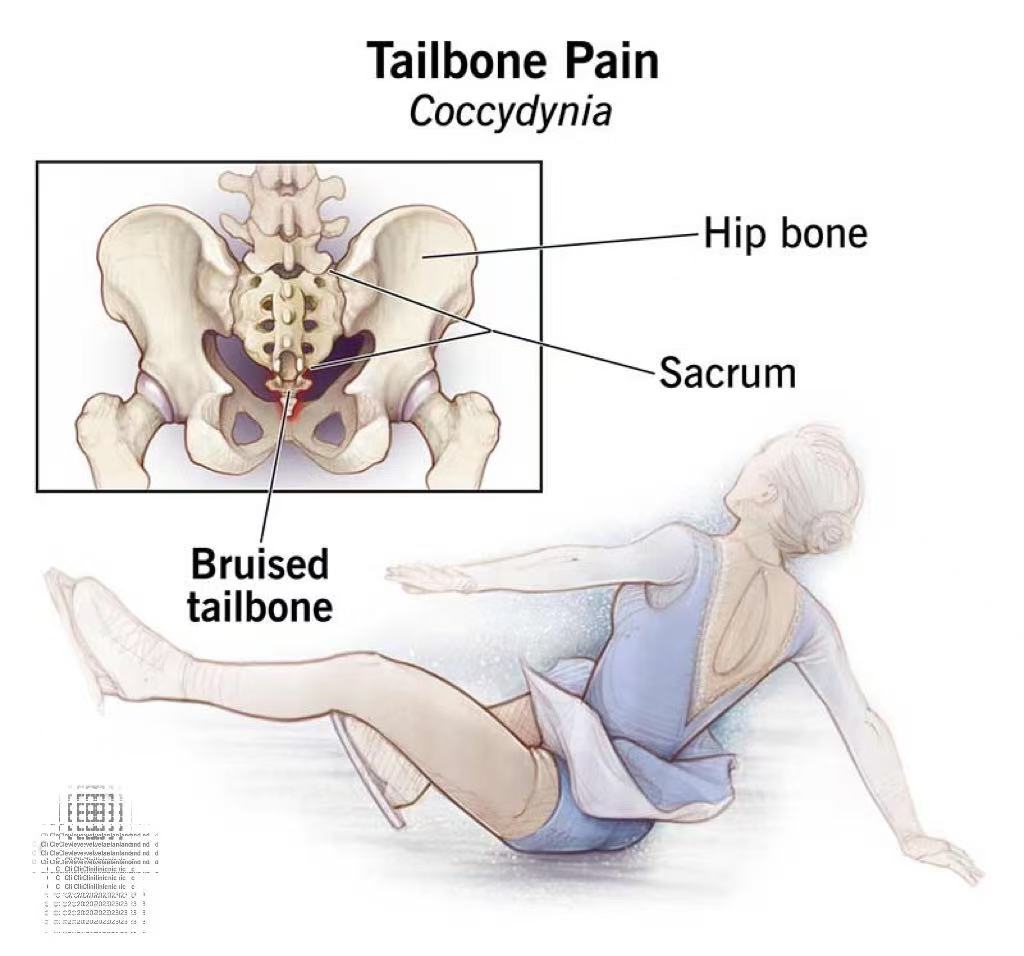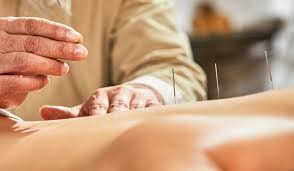Sports rehabilitation is an essential process for athletes and active individuals recovering from injuries. While Western physical therapy is often the first option, Traditional Chinese Medicine (TCM) offers complementary approaches that have gained increasing recognition worldwide. Among these, acupuncture, tuina (Chinese therapeutic massage), and related physiotherapy methods provide unique benefits that address not only physical recovery but also overall well-being.
(World Health Organization [WHO], 2020; Chen & Zhang, 2021)
Acupuncture is widely used in sports rehabilitation due to its effectiveness in reducing pain and inflammation. By stimulating specific acupoints, acupuncture activates the nervous system and promotes the release of endorphins, the body’s natural painkillers. This makes it especially helpful for athletes suffering from sprains, muscle strains, or joint pain. Moreover, acupuncture enhances blood circulation and accelerates tissue repair, contributing to faster recovery.
(Zhang et al., 2019; Vickers et al., 2018)
Tuina, a manual therapy in TCM, focuses on manipulating muscles, tendons, and joints to restore balance and mobility. For athletes, tuina helps relax tight muscles, improve flexibility, and reduce the risk of re-injury. It is often used in combination with stretching and mobility exercises, creating a holistic approach to restoring functional movement.
(Li & Chen, 2018; Wang et al., 2020)
The strength of TCM therapies lies in their holistic perspective. Unlike treatments that only target the injured site, acupuncture and tuina aim to restore the body’s overall balance, addressing both the root cause and the symptoms. When integrated with Western physical therapy techniques such as strength training and mobility exercises, TCM can enhance recovery outcomes. Many rehabilitation clinics now adopt an integrative model, combining TCM with modern physiotherapy to provide personalized care.
(He et al., 2022; Journal of Integrative Medicine, 2023)
Sports injuries are not only physical but also mental setbacks. Acupuncture and tuina can relieve stress, reduce anxiety, and improve sleep quality—factors crucial for athletes’ confidence and performance. This mind-body connection highlights the comprehensive role TCM plays in rehabilitation.
(Huang et al., 2019; Liu & Wong, 2021)
Traditional Chinese Medicine offers valuable methods in sports rehabilitation through acupuncture, tuina, and complementary therapies. These approaches alleviate pain, accelerate healing, restore mobility, and improve mental well-being. By integrating TCM with modern rehabilitation science, athletes can achieve a more complete and sustainable recovery. The growing acceptance of acupuncture and tuina in sports medicine demonstrates that ancient wisdom and modern science can work together to enhance human health and performance.
(National Administration of Traditional Chinese Medicine, 2023; WHO, 2020)
References
Chen, L., & Zhang, W. (2021). Integrating Traditional Chinese Medicine with modern physiotherapy in sports rehabilitation. Journal of Traditional Chinese Medicine, 41(3), 245–252.
He, F., Zhao, T., & Xu, J. (2022). Evidence-based application of acupuncture and tuina in musculoskeletal recovery. Rehabilitation Medicine Journal, 34(2), 87–95.
Huang, Y., & Li, Q. (2019). The psychological benefits of acupuncture and tuina in athletic rehabilitation. Chinese Journal of Sports Medicine, 38(4), 321–327.
Li, H., & Chen, X. (2018). Clinical applications of tuina in sports injury rehabilitation. Chinese Journal of Traditional Orthopedics, 29(2), 112–118.
Liu, J., & Wong, A. (2021). Mind-body approaches in Traditional Chinese Medicine for athletes. Integrative Sports Health Review, 9(1), 15–22.
National Administration of Traditional Chinese Medicine. (2023). Guidelines for integrative sports rehabilitation. Beijing: NATCM Press.
Vickers, A. J., et al. (2018). Acupuncture for chronic pain: Individual patient data meta-analysis. The Journal of Pain, 19(5), 455–474.
Wang, J., Zhao, L., & Wu, S. (2020). Cupping, moxibustion, and tuina in musculoskeletal rehabilitation. Integrative Medicine Reports, 5(2), 67–74.
World Health Organization. (2020). WHO global report on traditional and complementary medicine 2019. Geneva: WHO Press.
Zhang, Y., Chen, R., & Lin, Z. (2019). Acupuncture in the management of musculoskeletal pain: A systematic review. Journal of Pain Research, 12, 2345–2358.




